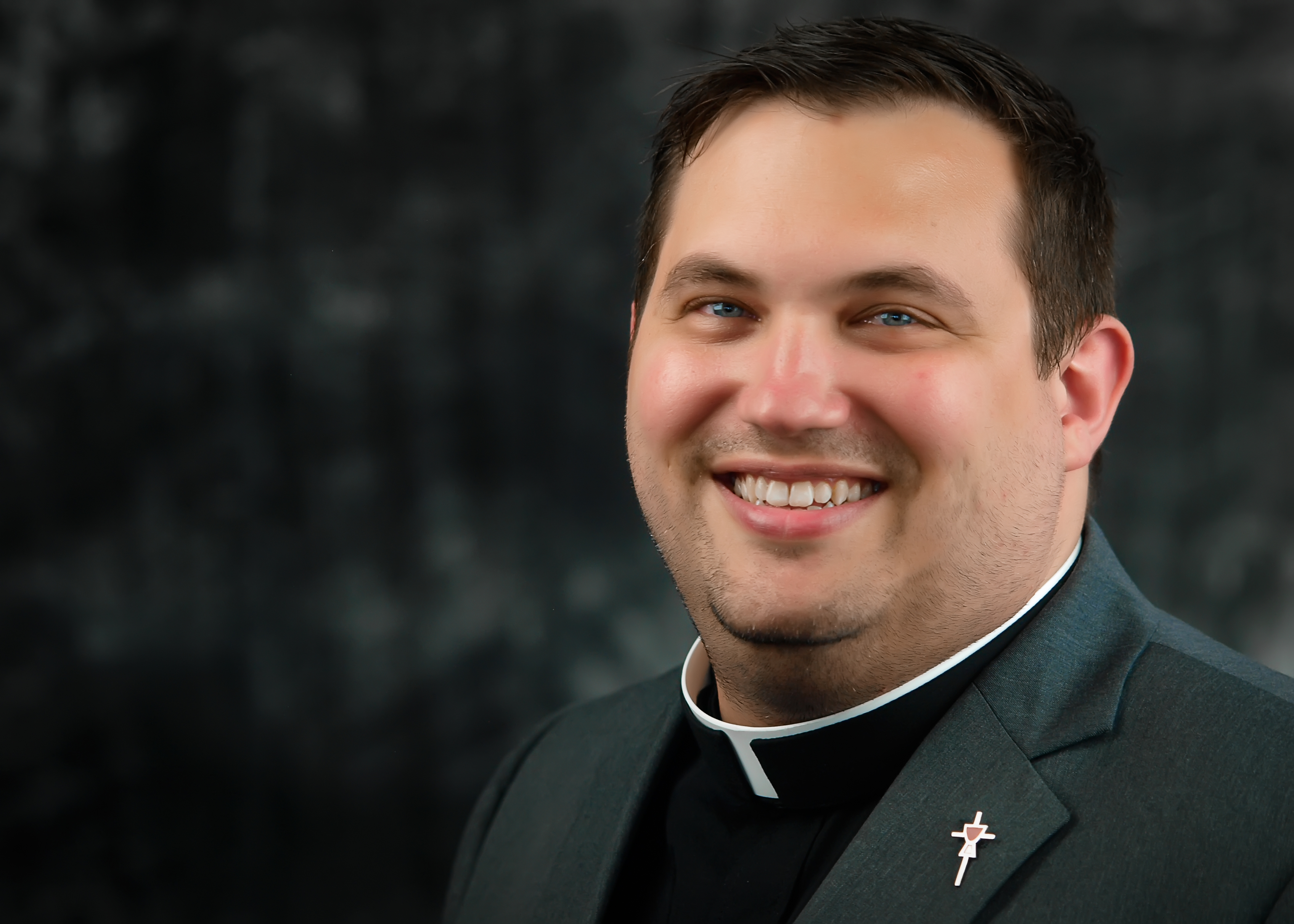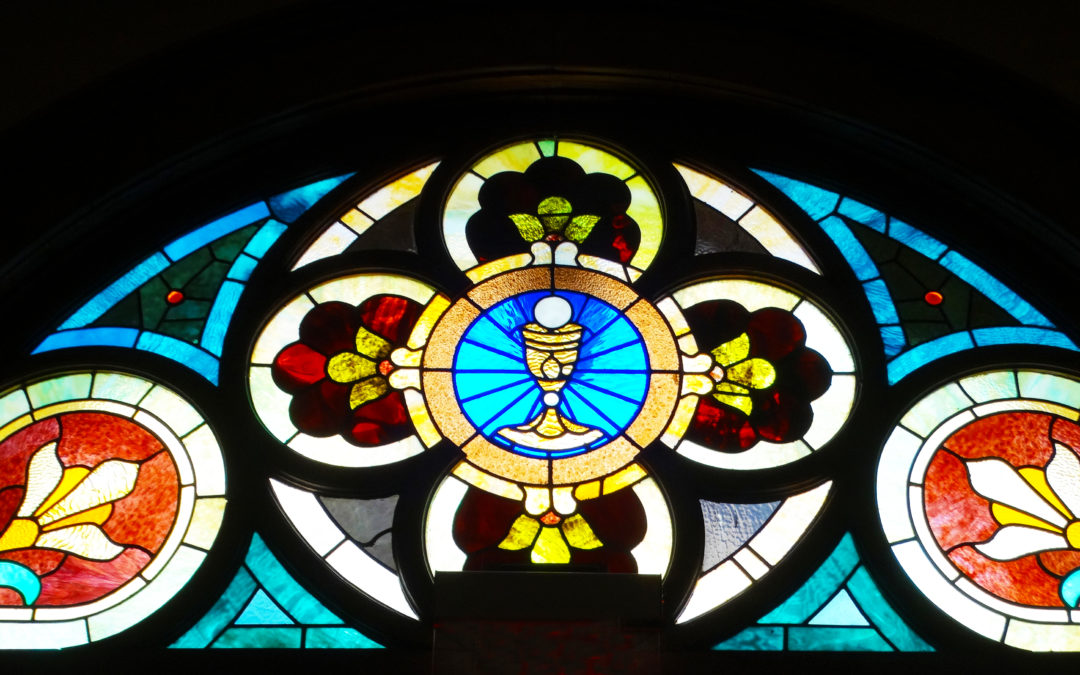By Fr. Jim Smith, C.PP.S.
This feast of the Ascension centers, at least in our imagination I would expect, largely on where Jesus goes as he is parted from them. There are wonderful paintings and stained glass windows attempting to depict it, but none of the classical pieces of art fit in my imagination at this moment at least. For some reason, I keep going back to Tony Kushner’s vision near the end of part two of Angels in America, primarily what Mike Nichols captures in his HBO adaptation of it. In the scene in heaven, with God absent and the angels trying to keep things going, Prior Walter, feeling abandoned, says:
It just… It just… We can’t just stop. We’re not rocks—progress, migration, motion is… modernity. It’s animate, it’s what living things do. We desire. Even if all we desire is stillness, it’s still desire for. Even if we go faster than we should. We can’t wait. And wait for what? God…He isn’t coming back.
The reality of the lives of people around us is that some are experiencing incredible joy in their lives, fitting of an Easter celebration, and others are experiencing immense sadness and sorrow, more descriptive in abandonment than joy. Destruction and death is prevalent around us, especially in the last century. Hurt is just as much of an appropriate adjective in the world around us today as is joyful.
The disciples experienced that hurt at the beginning of this Easter season, locked away in the upper room with all of their hopes and dreams dashed. Their encounter with the risen and still-wounded Jesus transforms their hearts and their lives. This transformation doesn’t remove the wounds of loss, betrayal, or abandonment they or we experience. But like the kissing of a scratch or bump any parent of a young child invariably does, the medical basis of transforming the pain may be few and far between, but something changes.
Something changes when we remember we are loved. Something changes when we are reminded we are loved. Love like that leads to wondrous joy, the joy I imagine the disciples were filled with when they returned to Jerusalem, when they returned home. That transformation the disciples experienced and that we experience in the Easter waters of our baptism and throughout the sacramental life our God invites us into: this transformation is not through our own power or willfulness or determination. This transformation is God’s doing. This transformation is God’s love, acting in and around and through us. This transformation invites us to go home too, wounded still but somehow transformed, and to see that love continue to spread into the world. Or to borrow again from the end of Angels in America:
More life. The great work begins.
![]()

Fr. Jim Smith, C.PP.S., is the parochial vicar of the St. Henry cluster of parishes in and around St. Henry, Ohio.

